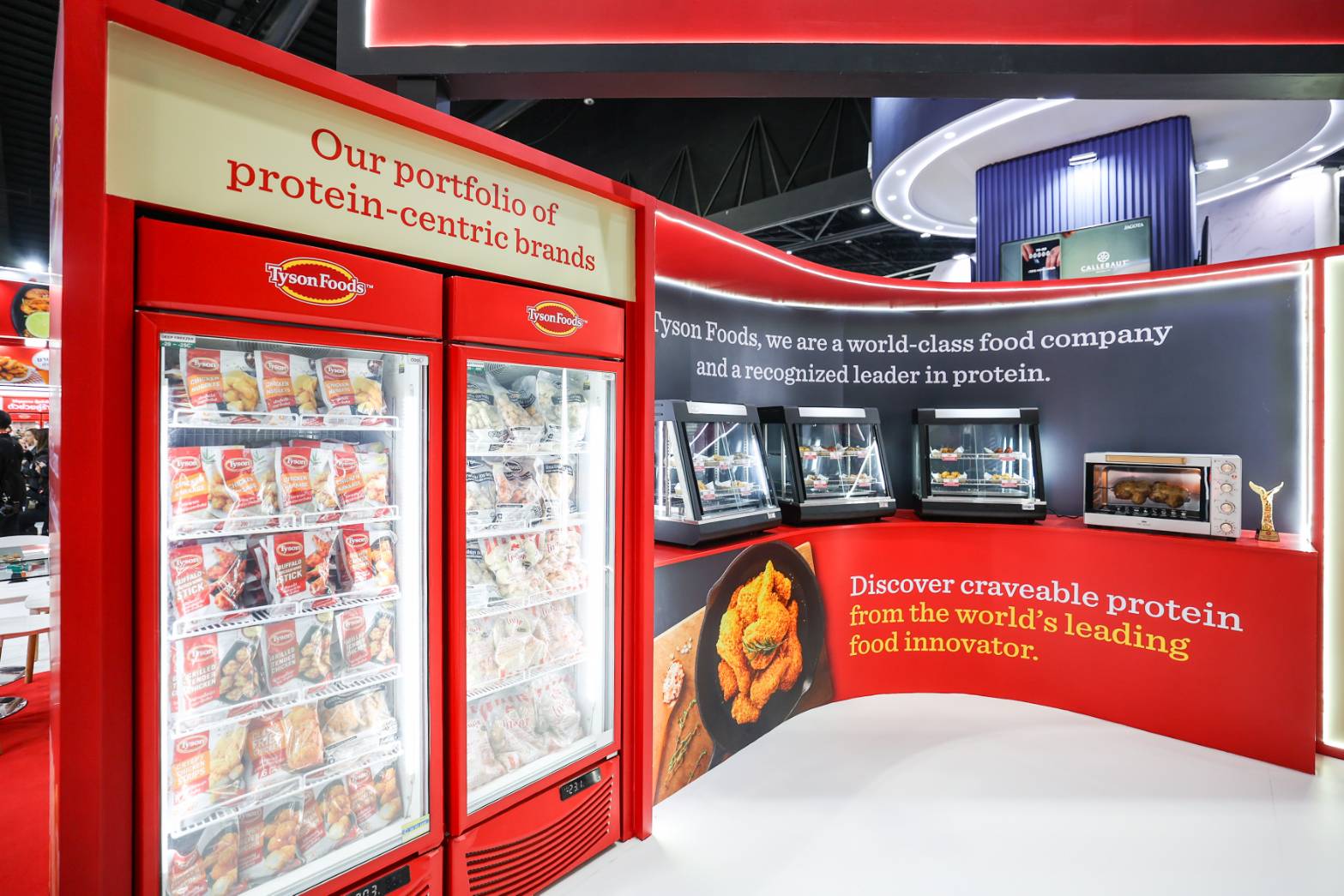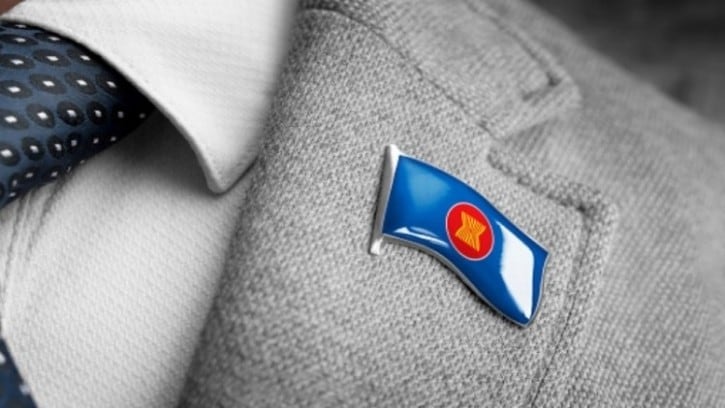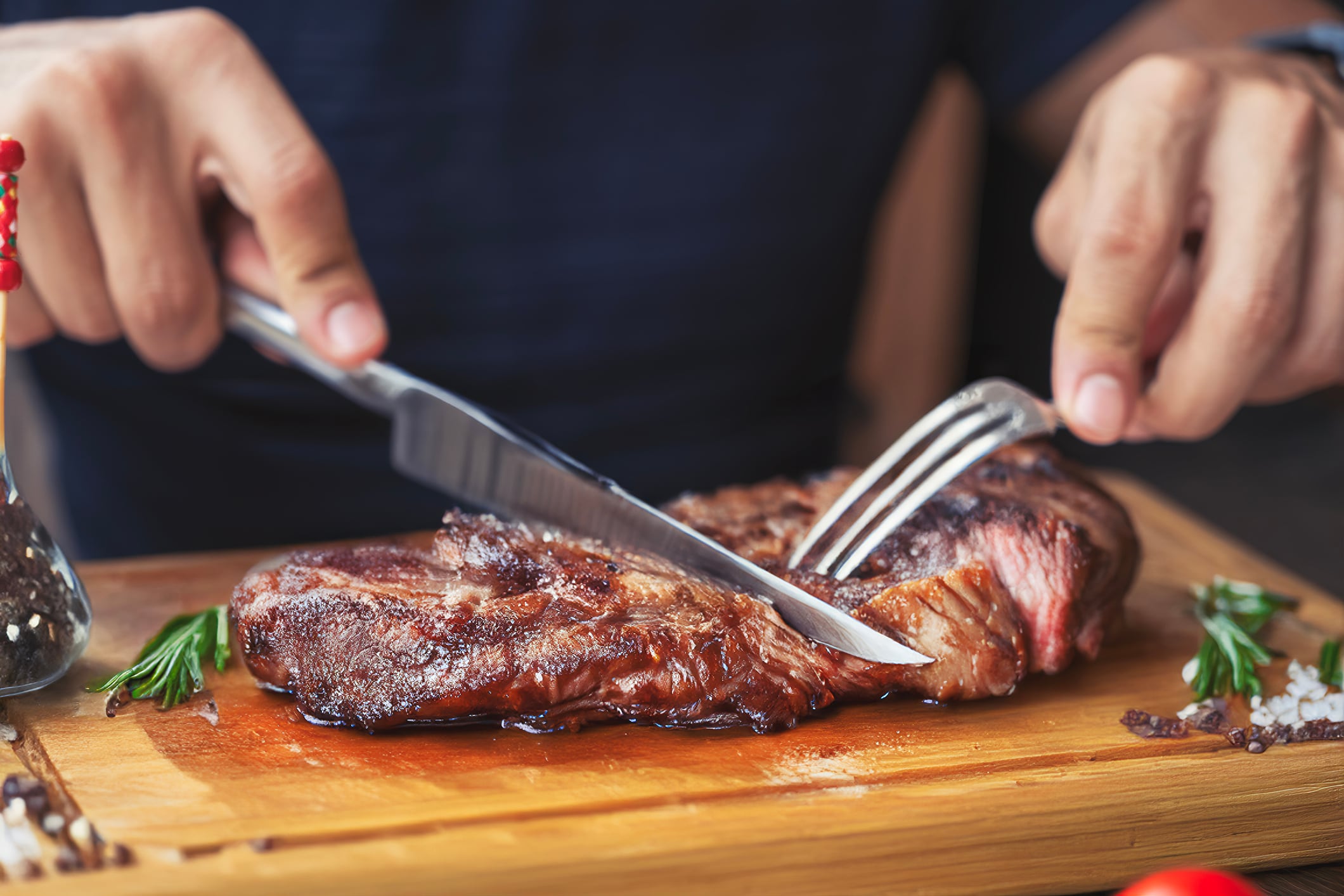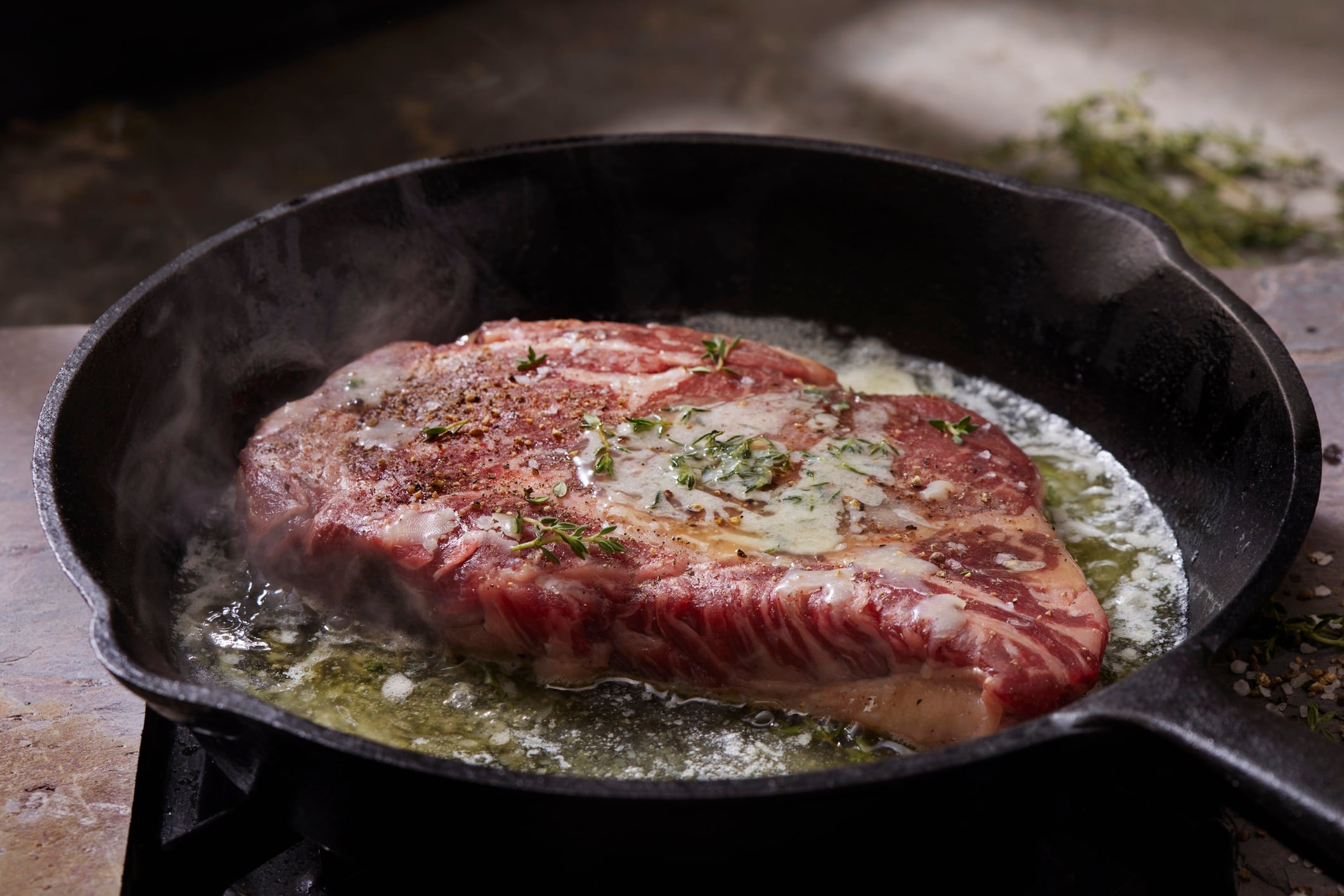The animal agriculture industry has faced multiple setbacks in the past few months, largely attributable to veterinary disease outbreaks such as avian flu and African Swine Fever (ASF) which impacted chicken and pork supplies respectively.
In light of consumer concerns in this area, Tyson Foods APAC has revealed plans to strengthen communications on its food hygiene and safety capabilities moving forward.
“Tyson’s core strength is in our poultry products, and this year we intend to further reinforce our products in this area,” Tyson Foods marketing lead and deputy director Sasiporn May Mewongukote told us at the recent ThaiFex-Anuga Asia 2025 show in Bangkok, Thailand.
Mewongukote leads marketing for the firm’s newly-established geographical cluster dubbed the Total TH Cluster, covering major APAC markets including Thailand, Japan, Philippines, Taiwan, Cambodia, Laos, Myanmar and Vietnam.
“Thailand is actually the world’s biggest poultry producer, and with the recent concerns over poultry safety after the avian flu outbreak in Brazil, there has been an even stronger need for us to ensure food safety is prioritised, even more so than taste and texture,” she said.
“Technology has been very important to us in this regard, where we have invested in the best tech available to ensure maximum efficiency when it comes to the detection of foreign substances so that we can offer the best possible assurance to consumers.”
The firm’s main APAC production facilities are located in Thailand and Malaysia, both of which have been outfitted accordingly.
What sets Tyson apart?
Despite its global reach, Tyson faces significant competition in Thailand due to the presence of many different protein producers in this market.
Mewongukote believes that the firm’s reinforced focus on food safety will give it an edge over local brands, as well as the world-class technology that Tyson has access to.
“This safety technology is what separates us from local manufacturers, and at the same time our long history here means we have cultivated a deep understanding of what Asian consumers prefer in terms of product taste,” she added.
“This combination has helped us to maintain consistent growth across the food retail, food service and OEM channels over the past few years.”
Tyson’s core products in Asia
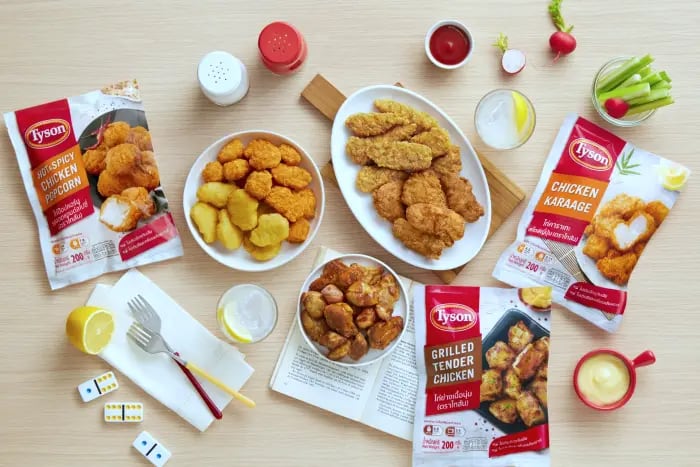
Tyson has two core brands in Asia to meet consumer and industry needs: The Tyson brand, which is the global well-recognised consumer-facing brand; and Kai Pansook which is a foodservice-targeted brand.
“Kai Pansook is important in the Asian market because of the street food culture here,” she stated.
“The products under the Kai Pansook umbrella are about the same as those in the Tyson portfolio, such as popcorn chicken and nuggets, but the flavour is just a bit stronger as that tends to be the local preference when consuming street food.”
The firm is best-known for four chicken product categories in this region: Nuggets, popcorn chicken, chicken strips and chicken karaage. All of these fall under its Frozen Chicken products portfolio, which require deep frying or air frying before consumption.
Under the Tyson branding, it also sells ready-to-heat (RTH) grilled chicken parts for consumers to prepare at home, and rotisserie whole chickens for convenience stores to sell as ready-to-eat (RTE) items.


